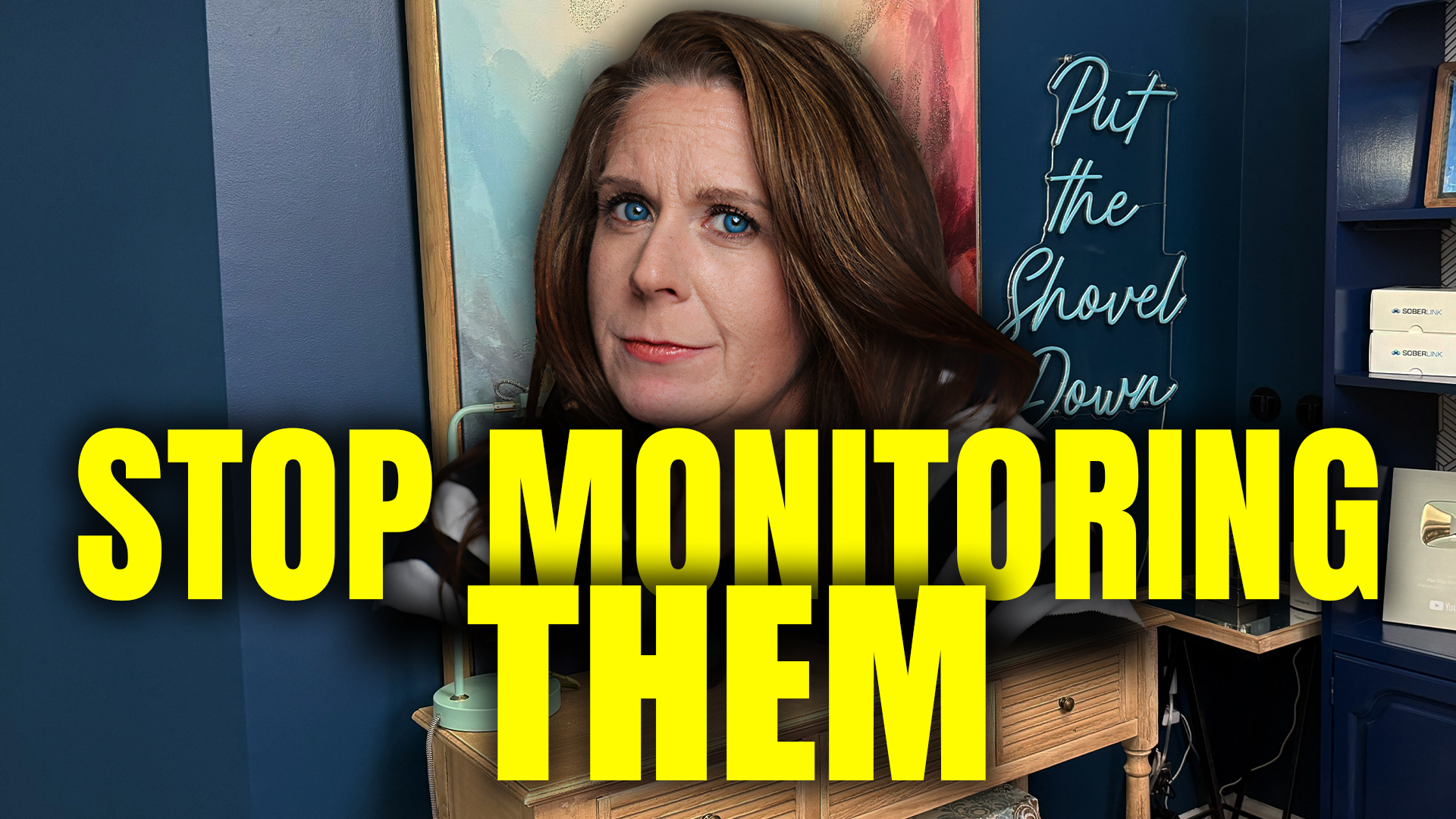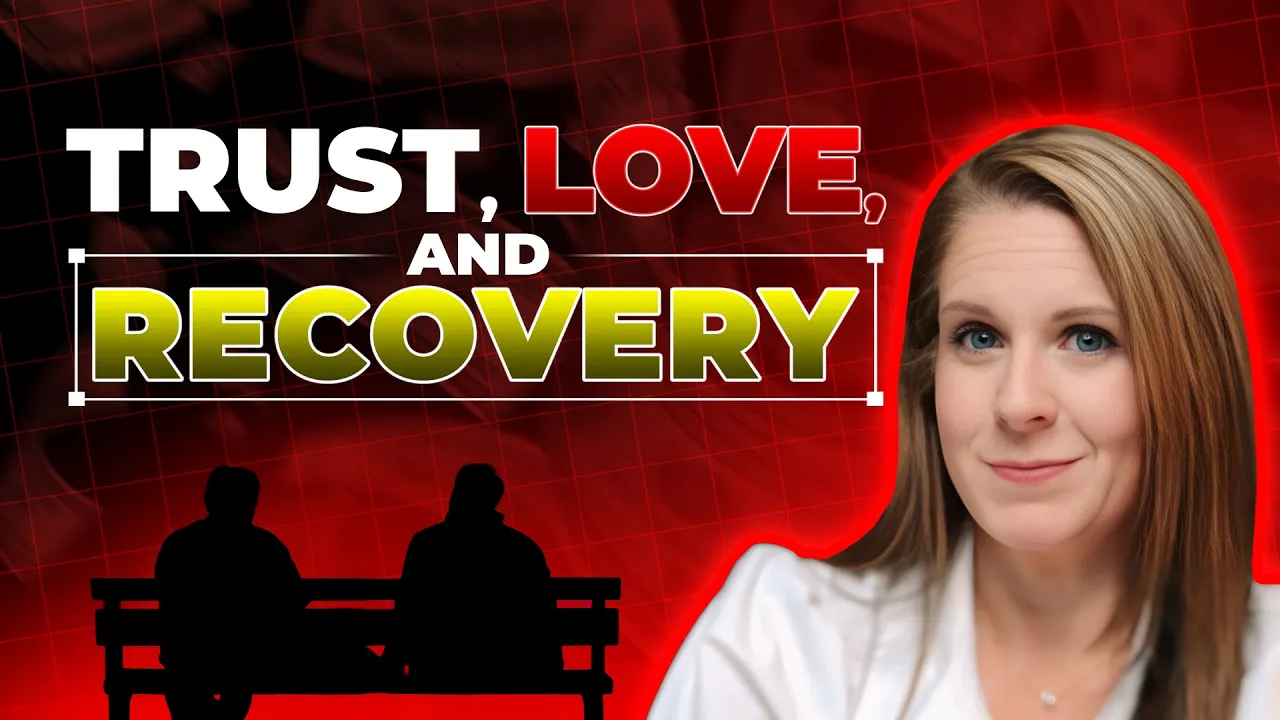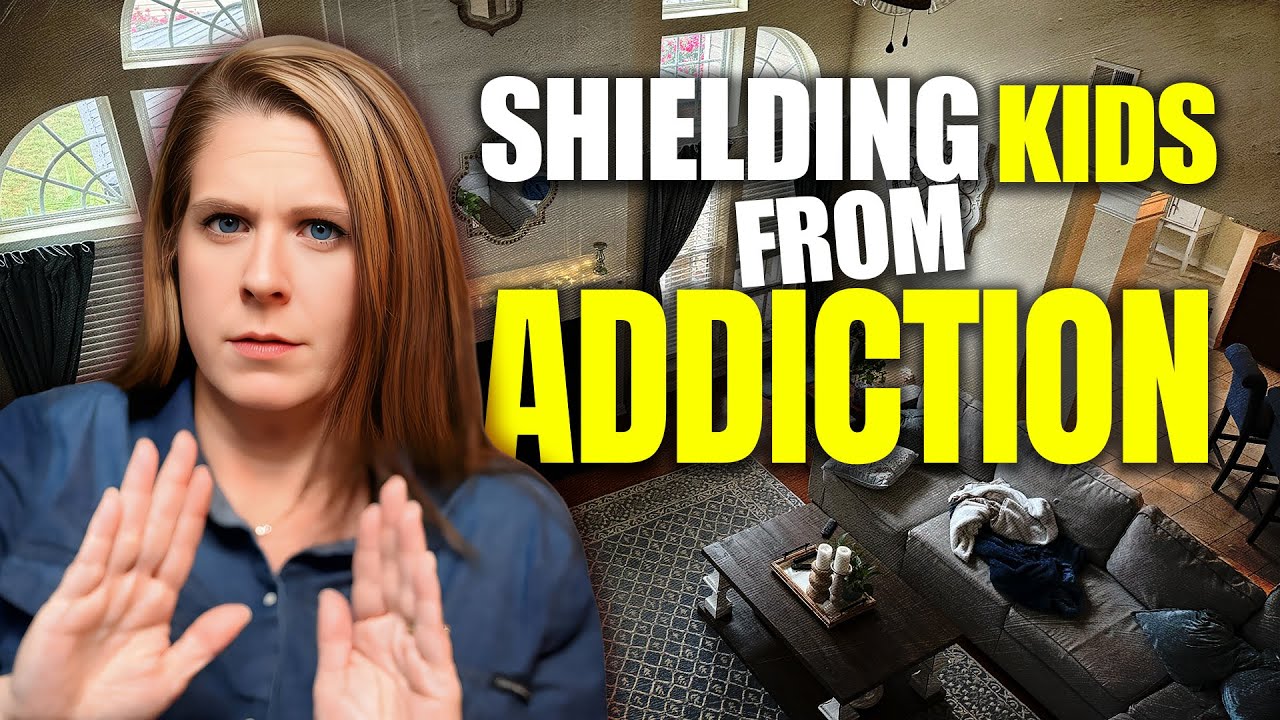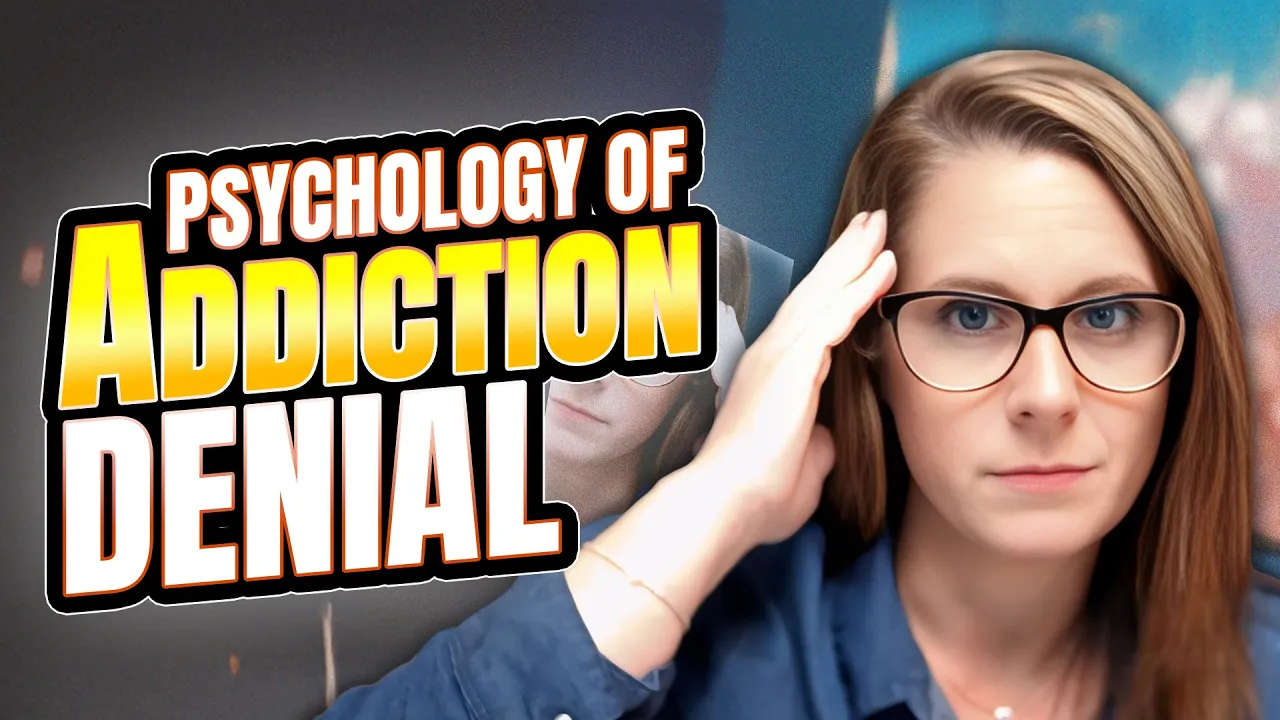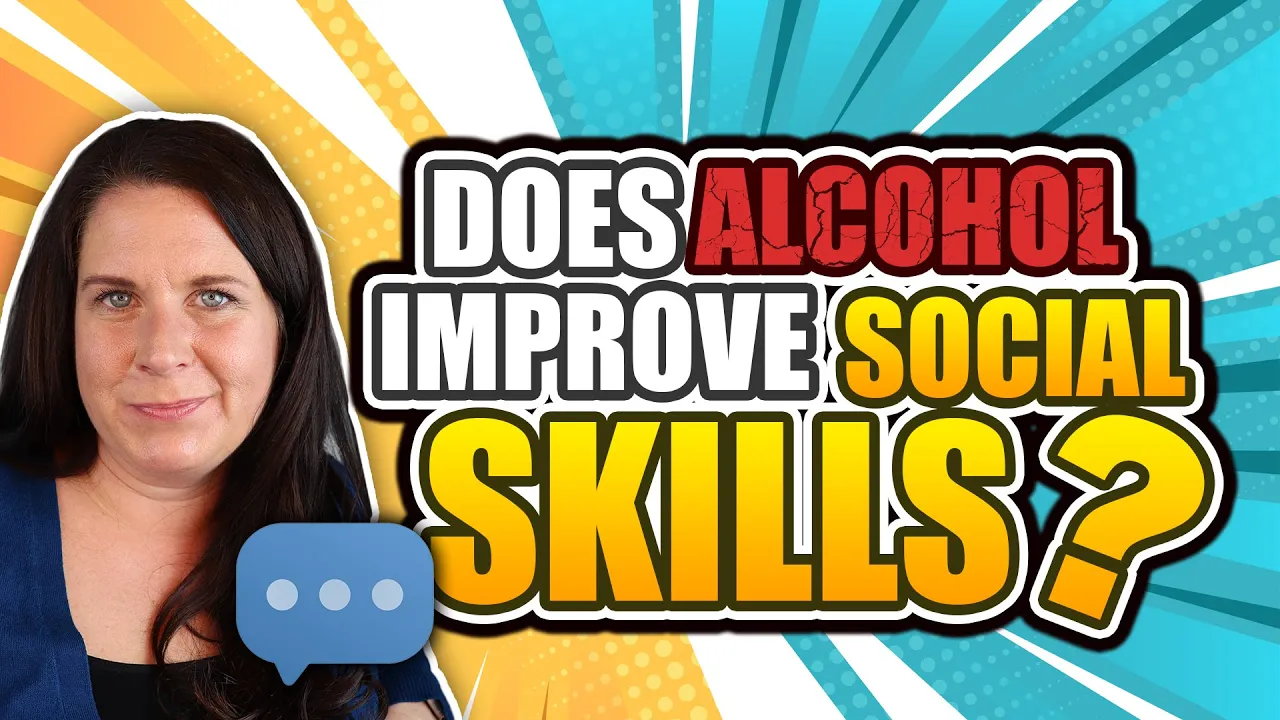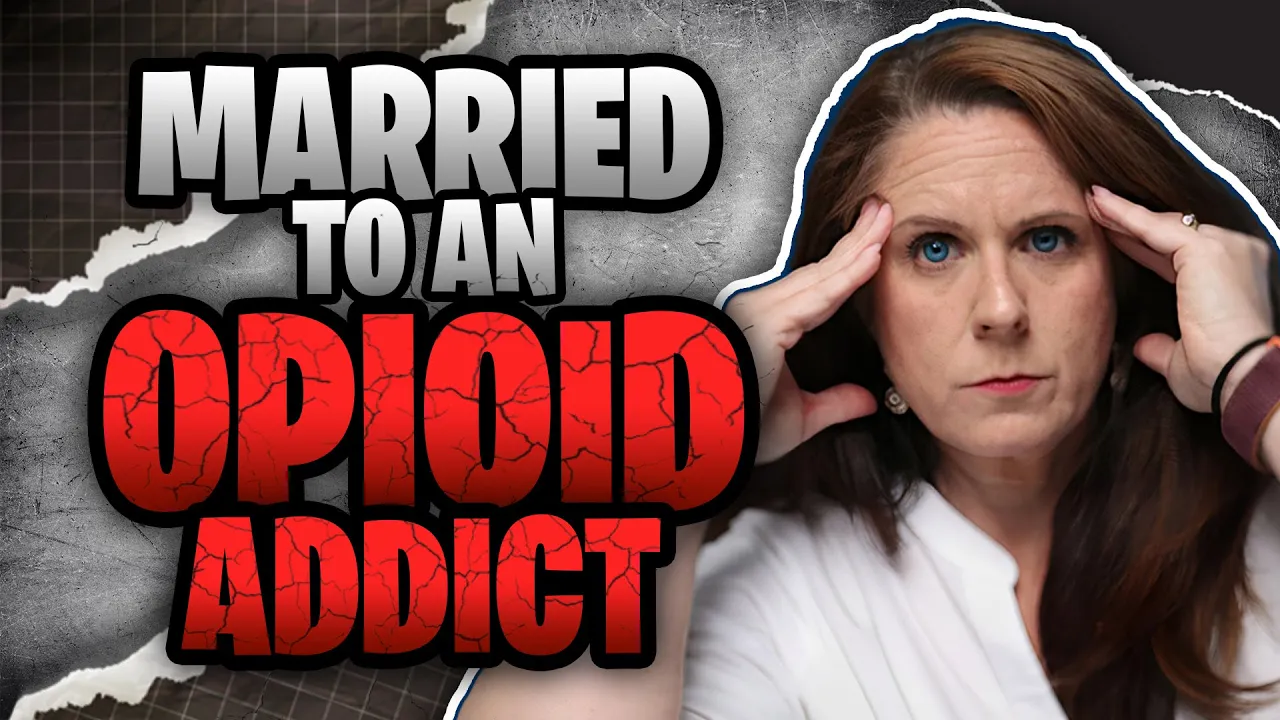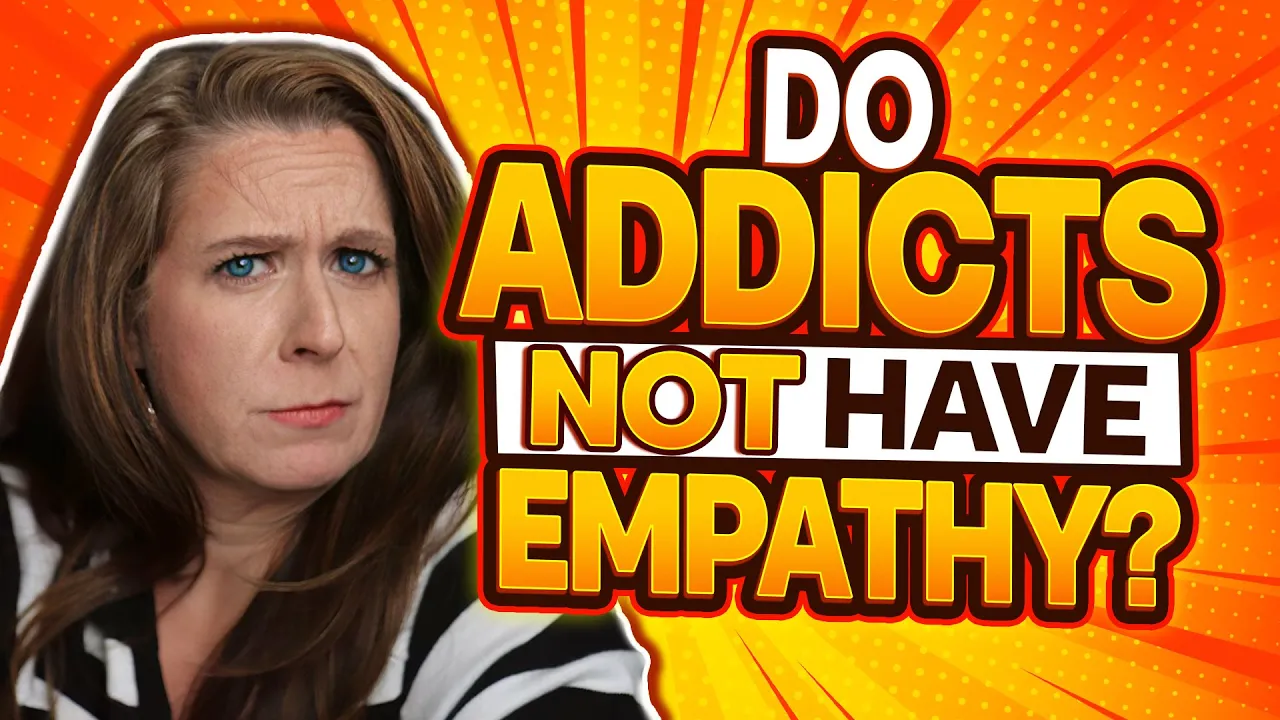Accountability vs. Surveillance: What Actually Rebuilds Trust
Why Being the “Alcohol Police” Is Destroying Your Relationship (And What Actually Works)
You never applied for this job.
You didn’t sign up to be the alcohol police in your own home—but somehow, that’s exactly what you’ve become.
You’re counting drinks.
Checking the recycling.
Smelling their breath.
Watching the clock to see when they pour that first glass.
And even when they’re “doing better,” you’re exhausted.
Today, we’re talking about why monitoring doesn’t work, how it quietly destroys relationships, and what actually helps instead.
How This Role Sneaks Up on You
This didn’t start because you wanted control.
It started because:
-
Promises were broken
-
“Just two drinks” turned into five
-
“I’ve got this handled” turned into another letdown
So you started paying attention—because someone had to.
At first, it felt responsible. Like helping. Like protecting your family.
Now?
You feel like a detective in your own home—and you hate it.
One woman told me she ch...
Grieving the Person You Thought You Married
Ambiguous Grief: Mourning an Addicted Spouse Who Is Still Alive
One of the hardest parts of loving someone with an addiction isn’t just the drinking, the using, the mood swings, or the unpredictability.
It’s the grief.
A grief almost no one talks about.
Because the person you’re grieving is still alive—and still standing right in front of you.
What Is Ambiguous Grief?
This experience has a name: ambiguous grief.
Ambiguous grief happens when you’re mourning someone who is still physically present but emotionally unavailable or fundamentally changed. There’s no clear ending. No funeral. No casseroles dropped off at your door. No moment when the world agrees that you’re “allowed” to fall apart.
So instead, you keep showing up.
You keep functioning.
You keep hoping things will change.
And all the while, you’re grieving—quietly and alone.
This is one of the loneliest forms of grief there is.
What You’re Really Mourning (Even If You Can’t Put It Into Words)
Many people living wi...
Does ADDICTION Really CHANGE Your PERSONALITY? | Amber Reacts
How Addiction Slowly Changes a Person: Two Raw Reddit Stories That Reveal the Truth About Alcoholism & Recovery
Welcome back to Put the Shovel Down—the YouTube channel where we break down the science and psychology of addiction so you can understand what’s really happening in your life and in your family. I’m Amber Hollingsworth, and today we’re diving into two incredibly raw Reddit stories that reveal what addiction looks like from the inside and the outside.
These stories are uncomfortable. They’re emotional. And they’re going to hit you right in the gut—but they also shine a light on the truth about how alcohol and drugs can reshape someone’s personality, disrupt families, and ultimately point the way toward recovery.
Story #1: Can Alcohol & Drugs Really Change Someone’s Personality?
One Redditor asked a gut-wrenching question:
“Do alcohol and drugs drastically change someone’s personality, even when they’re sober?”
His story:
His wife—a woman he’d been married to for over 2...
The Surprising KEY to Restoring LOVE After Addiction
Rebuilding Intimacy After Addiction: How to Restore Emotional and Physical Connection in Recovery
By Amber Hollingsworth
*Featuring Matt & Sherry Ali from the Intoxicated Podcast
Addiction doesn’t just impact the person struggling—it shakes the foundation of the relationship they’re in. One of the most common challenges couples face in recovery is figuring out how to restore emotional and physical intimacy after addiction has created distance, resentment, and mistrust.
Today, I’m thrilled to share insights from Matt and Sherry Ali, co-hosts of the Intoxicated Podcast, who have walked this path themselves. Matt is in long-term recovery from alcohol use disorder. Together, they’ve faced—and overcome—the unique challenges of rebuilding intimacy after addiction.
They’re here to talk openly about sexual desire discrepancies, emotional safety, and practical steps any couple can take to reconnect.
The Hidden Struggle: Sexual Desire Discrepancy in Recovery
According to Matt and Sherry’...
Caught in the Crossfire: Protecting and Supporting Kids with an Addicted Parent
A Tragic Wake-Up Call: Addiction, Denial, and the Hidden Dangers to Our Children
Last week, I came across a story that sent chills down my spine, and I haven’t been able to shake it since. As someone who works with families impacted by addiction every day, this one hit especially hard. Not just because of the heartbreaking outcome, but because it could easily happen to any family dealing with substance abuse behind closed doors.
I was driving home from work, listening to one of my favorite true crime creators, Stephanie Harlow. Her newest case was about a 2-year-old girl named Parker Chez, who tragically died after being left in a hot car on a day when temperatures soared above 100 degrees. That alone is gut-wrenching, but it’s the addiction component woven into the story that made it feel painfully familiar.
The Hidden Addiction Behind the Headlines
Parker’s father, Christopher, was the primary caregiver while the mother, Erica, a medical professional, was the main breadwinner. ...
The THREE Options In Family Addiction Intervention | Most Choose WRONG
The Truth About Helping an Addicted Loved One: 3 Strategies That Actually Work
If you're trying to help someone struggling with addiction, you've probably been given the same old advice over and over again:
-
Use tough love and let them hit rock bottom.
-
Stage a dramatic intervention.
-
Or do nothing and hope they eventually want to change.
But what if there was a better, smarter fourth option?
An approach that doesn't wreck your relationship or your sanity but still moves your loved one toward recovery.
Option #1: The Tough Love Approach
You've probably heard this one before:
"Kick them out. Cut them off. Let them hit bottom."
It's been the go-to strategy for decades. And while it can seem empowering at first, here's the truth:
Tough love has a high emotional cost—and a low success rate.
Let's be real: addiction continues despite consequences. That's the definition of addiction. At the same time, natural consequences can play a role in helping someone see th...
How DENIAL Is QUIETLY RUINING You | Part 1 of Denial Decoded Series
How to Understand and Handle Denial: A Game-Changer for Dealing With Addiction
If you’ve ever felt frustrated trying to help a loved one who just can’t see how bad things have gotten — or if you’ve caught yourself minimizing your own unhealthy behaviors — you’re not alone. There’s a powerful psychological concept that explains this all too well, and once you grasp it, it will forever change how you handle denial in yourself and in others.
Welcome to Put the Shovel Down
Hi, I’m Amber Hollingsworth, creator of Put the Shovel Down — the YouTube channel designed to help you master the science and psychology of addiction so you can stay five steps ahead. With over 20 years of experience helping individuals and families overcome addiction, I’m here to remind you: You are NOT powerless.
Today, we’re digging deep into a truth about denial that most people overlook — and how you can actually work with it, not against it.
The Fancy Word You Already Know: Cognitive Dissonance
Let’s get st...
Drinking The Social Anxiety Away With Alcohol... Does It Even Work?
Alcohol & Social Anxiety: Your Best Friend or Your Frenemy?
We’ve all been there—you want to be social, have fun, and connect with people, but your social anxiety is doing everything in its power to hold you back. Then enters alcohol, promising to be your new best friend, taking the edge off and making socializing easier. But sometimes, alcohol isn’t the friend you think it is. In fact, it can be more like a frenemy—seemingly helping you in the moment but making things worse in the long run.
Does Alcohol Really Help Social Anxiety?
If you experience social anxiety, your goal in social situations is probably to decrease your inhibitions—something alcohol is known to do quite well. But here’s the catch: alcohol doesn’t come with a fine-tuned dial to adjust just how much inhibition gets lowered. Instead, it can throw that dial all the way to the extreme, leaving you vulnerable to missteps you wouldn’t normally make.
Alcohol can make you feel funnier, more charismatic, and charming, ...
A Story of Hope & Heartbreak | An Opioid Addiction Special
What Happens When the Person You Love Most Loses Themselves to Opiate Addiction?
Losing someone to opiate addiction is a heart-wrenching experience—especially when that person is your partner, your confidant, the one you vowed to stand by through thick and thin. In this post, we explore the unique challenges and emotional turmoil faced by those who love someone battling opioid addiction. Whether you're just starting to notice signs or have been grappling with this crisis for years, understanding the insidious nature of opiate addiction can be the first step toward reclaiming your life and protecting your family.
Understanding the Hidden Nature of Opiate Addiction
One of the most perplexing aspects of opioid addiction is its ability to hide in plain sight. Unlike other addictions, the early stages of opiate dependency can be deceptive:
-
Subtle Behavioral Changes:
Many people assume that if someone isn’t visibly intoxicated, there’s nothing to worry about. With opiate addictio...
Do Addicts Mean The Hurtful Things They Say?
Do Addicts Mean the Hurtful Things They Say? Understanding Addiction and Empathy
Have you ever wondered, Do addicts mean the hurtful things they say? If so, you’re not alone. This is a question I recently received from a viewer, and I know many of you may be struggling with the same concern.
So, let’s break it down—do they mean it? The answer is yes, no, and sometimes. Confusing, right? Let’s dive deeper so you can understand when they mean it when they don’t and why addiction often seems to strip away empathy.
How Addiction Affects Thoughts, Emotions, and Behavior
People in active addiction are often operating from a place of intoxication, desperation, or defensiveness—and all three can impact what they say and how they act. Understanding these states can help you make sense of their words and behavior.
1. Intoxication: Truth, Distortion, and No Filter
Substances like alcohol and drugs alter brain function, making it hard for a person to regulate their emotions and thoughts.
...